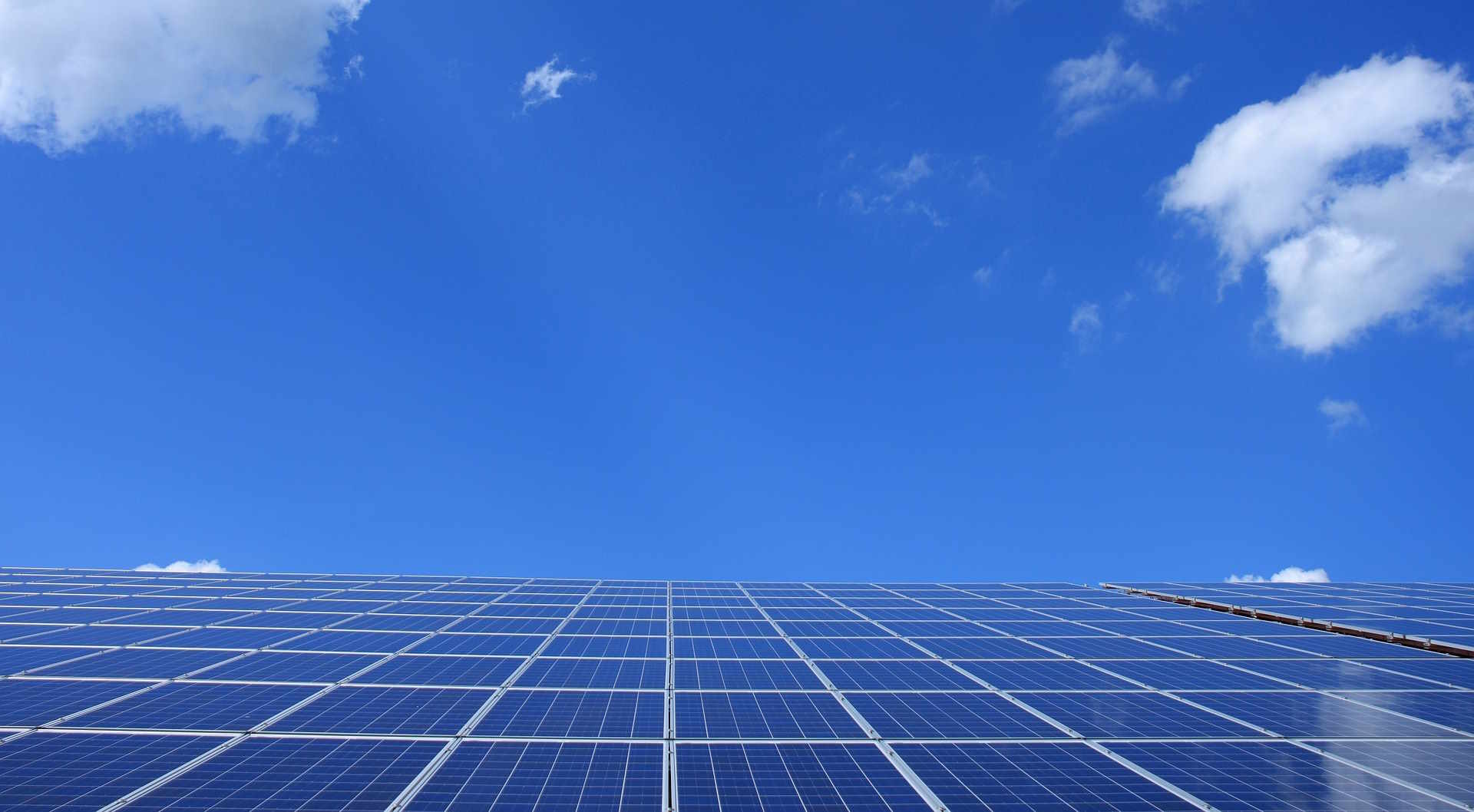Solar Panels in India: A Complete Guide for Homes and Businesses (2025)
India's solar energy sector has experienced remarkable growth, making solar panels an increasingly viable option for residential and commercial properties. With abundant sunlight throughout the year and government incentives promoting renewable energy adoption, solar installations have become more accessible and cost-effective. Understanding the fundamentals of solar technology, installation requirements, and available options can help property owners make informed decisions about transitioning to clean energy solutions.

Solar energy represents one of the most promising renewable energy sources in India, offering significant potential for reducing electricity costs and environmental impact. The country’s geographical advantage, with over 300 sunny days annually in most regions, creates ideal conditions for solar power generation. Modern solar technology has evolved to become more efficient and affordable, making it an attractive investment for both residential and commercial applications.
How Solar Panels Work
Solar panels convert sunlight into electricity through photovoltaic cells, typically made from silicon. When sunlight hits these cells, it creates an electric field that generates direct current (DC) electricity. An inverter then converts this DC power into alternating current (AC) electricity, which can be used to power household appliances and business equipment. The system can either feed excess electricity back into the grid through net metering or store it in batteries for later use. This process is completely silent and requires minimal maintenance once installed.
Types of Solar Panels Available in India
Three main types of solar panels dominate the Indian market, each with distinct characteristics and applications. Monocrystalline panels offer the highest efficiency rates, typically ranging from 18-22%, making them ideal for spaces with limited roof area. Polycrystalline panels provide a more budget-friendly option with efficiency rates of 15-17%, suitable for larger installations where space is not a constraint. Thin-film panels, while less common, offer flexibility and lighter weight, making them suitable for specific architectural requirements or portable applications.
Key Factors to Consider Before Installation
Several critical factors determine the success and efficiency of a solar panel installation. Roof orientation and tilt angle significantly impact energy generation, with south-facing roofs receiving optimal sunlight exposure. Shading from nearby buildings, trees, or structures can substantially reduce system performance and should be carefully evaluated. Local weather patterns, including monsoon seasons and dust accumulation, affect maintenance requirements and energy output. Additionally, structural integrity of the roof must be assessed to ensure it can support the weight of solar panels and mounting systems.
Solar Panels vs Conventional Power
Comparing solar energy with conventional electricity reveals several advantages and considerations. Solar panels provide predictable energy costs over their 25-year lifespan, protecting users from fluctuating electricity tariffs. While the initial investment is substantial, solar systems typically achieve payback within 4-6 years through electricity savings. Conventional power remains more reliable during extended cloudy periods, but solar systems with battery backup can provide energy security. Environmental benefits of solar power include zero emissions during operation and reduced dependence on fossil fuels.
| System Size | Provider | Cost Estimation (₹) | Key Features |
|---|---|---|---|
| 3kW Residential | Tata Power Solar | ₹1,80,000 - ₹2,20,000 | 25-year warranty, net metering |
| 5kW Residential | Adani Solar | ₹2,50,000 - ₹3,00,000 | High efficiency panels, monitoring app |
| 10kW Commercial | Vikram Solar | ₹4,50,000 - ₹5,50,000 | Tier-1 panels, professional installation |
| 20kW Commercial | Waaree Energies | ₹8,00,000 - ₹10,00,000 | Complete EPC solution, maintenance |
Prices, rates, or cost estimates mentioned in this article are based on the latest available information but may change over time. Independent research is advised before making financial decisions.
Key Takeaway
Solar panel adoption in India represents a strategic investment in sustainable energy and long-term cost savings. The combination of favorable climate conditions, government incentives, and declining technology costs creates an opportune environment for solar installations. Success depends on careful planning, proper system sizing, and selecting reputable providers with proven track records. Regular maintenance and monitoring ensure optimal performance throughout the system’s operational life. As technology continues advancing and costs decrease further, solar energy will likely become an even more compelling choice for Indian homes and businesses seeking energy independence and environmental responsibility.




